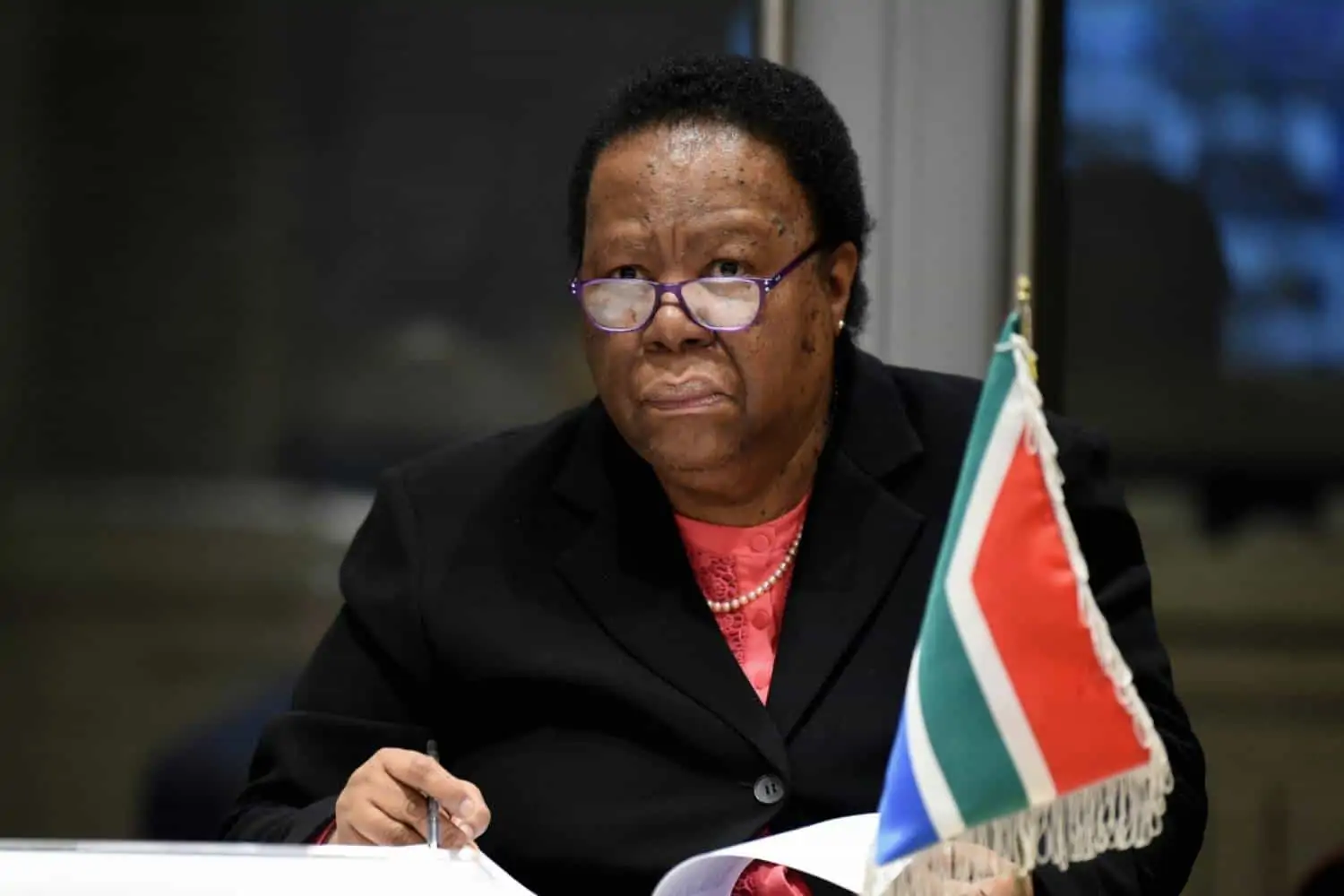Department of International Relations and Cooperation (Dirco) Minister Naledi Pandor revealed that during August’s Taliban coup, South Africa was asked to take in two flight-loads of Afghanistan refugees.
Why did South Africa say no to Afghanistan refugees?
Mass evacuations have been underway in most parts of Afghanistan since 15 August 2021 when the Taliban captured Kabul in shocking scenes. Hundreds have died in the power-shifting clashes and thousands more have sought asylum in neighbouring countries such as Pakistan.
Pandor, speaking in an interview with Newzroom Afrika, revealed that South Africa was approached by a legal firm representing United States-based non-profit organisation (NPO) Exitus and was asked to take in 126 Afghan refugees who had fled to Pakistan.
“They offered to cover the private evacuation, housing, medical care and all other expenses of the refugees in question for a minimum of six months or however long it took to relocate these people once the dust settles. They were expected to be in SA for six months. However, the NGO had the funds and resources to maintain them for much longer if the need arose,” Schuler Heerschop Pienaar Attorneys told TimesLive.
Exitus is renowned for its work in saving victims of human trafficking and according to the legal firm, founders Candace Rivera and Wade Hill were at the forefront of the efforts to pivot these Afghan refugees away from a vulnerable Pakistan and into South Africa.
“The implications [of denying the request], as far as our client is concerned, are grave. These people cannot be protected by the Pakistani government from the wrath of the Taliban and our client has received direct reports from people on the ground of gross human rights violations inflicted on these people,” the firm added.
However, despite this concerted effort made by the organisation, South Africa firmly stood by its decision to revoke access to the refugees on the basis that “in terms of International law, the country of first reception, which offers the haven to persons seeking asylum and refugee status, should process those individuals.”
“If (Pakistan) it feels that it wants to approach another country to assist, then there would be a country-to-country approach. We discovered Pakistan wasn’t even aware of this approach to South Africa and it was our view that those individuals, if first country of arrival is Pakistan, they should be assisted through that government,” Pandor added.
How many South Africans are still in Afghanistan?
The legal firm representing Exitus has countered South Africa’s stance on this with the fact that the country doesn’t have a quota system, and stressed that “our client was never asking for a single rand of funding.”
However, according to Dirco spokesperson Clayson Monyela, “SA is already home to a substantial number of refugees and is seized with addressing their needs.”
“The government is unfortunately not in a position to accommodate such a request,” Monyela added.
From the latest reports issued by Dirco, at least 35 South Africans were successfully evacuated from Afghanistan and only one person remains.
“The one remaining South African is working in Kabul and will remain there for the foreseeable future,” a statement from Dirco read.
